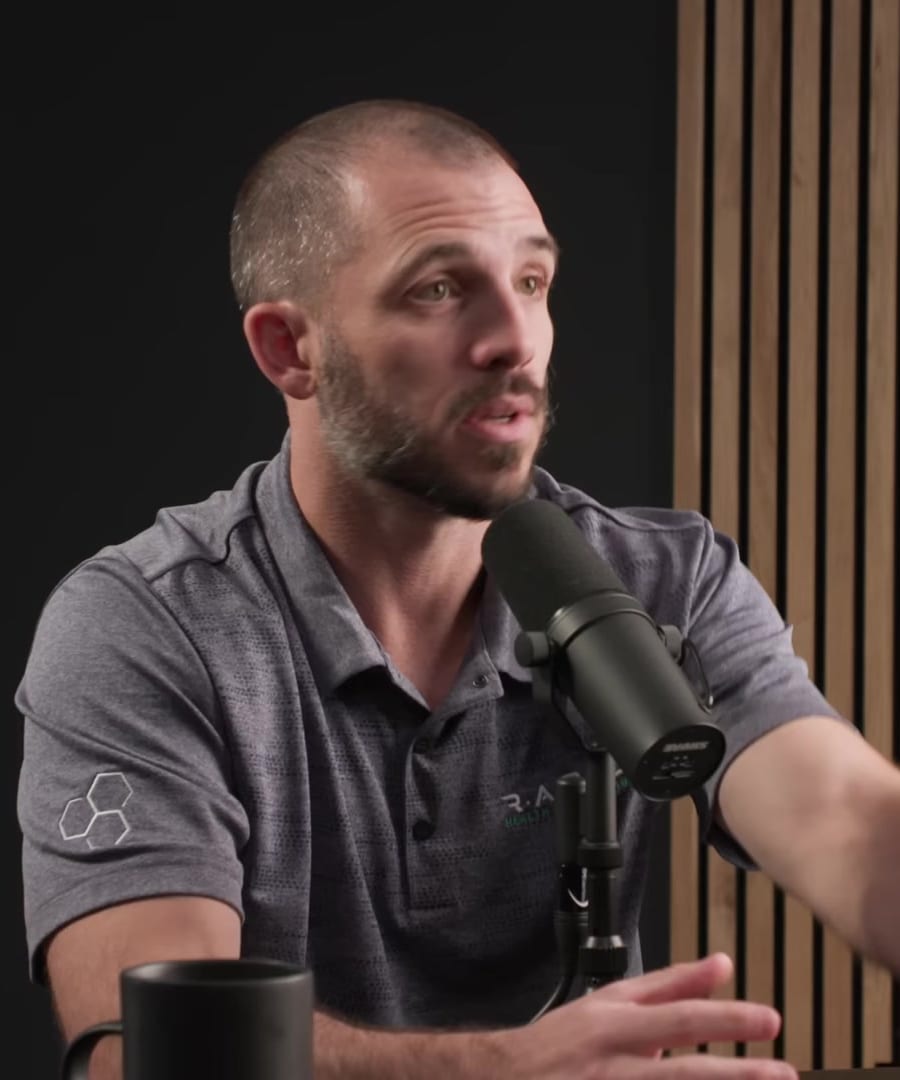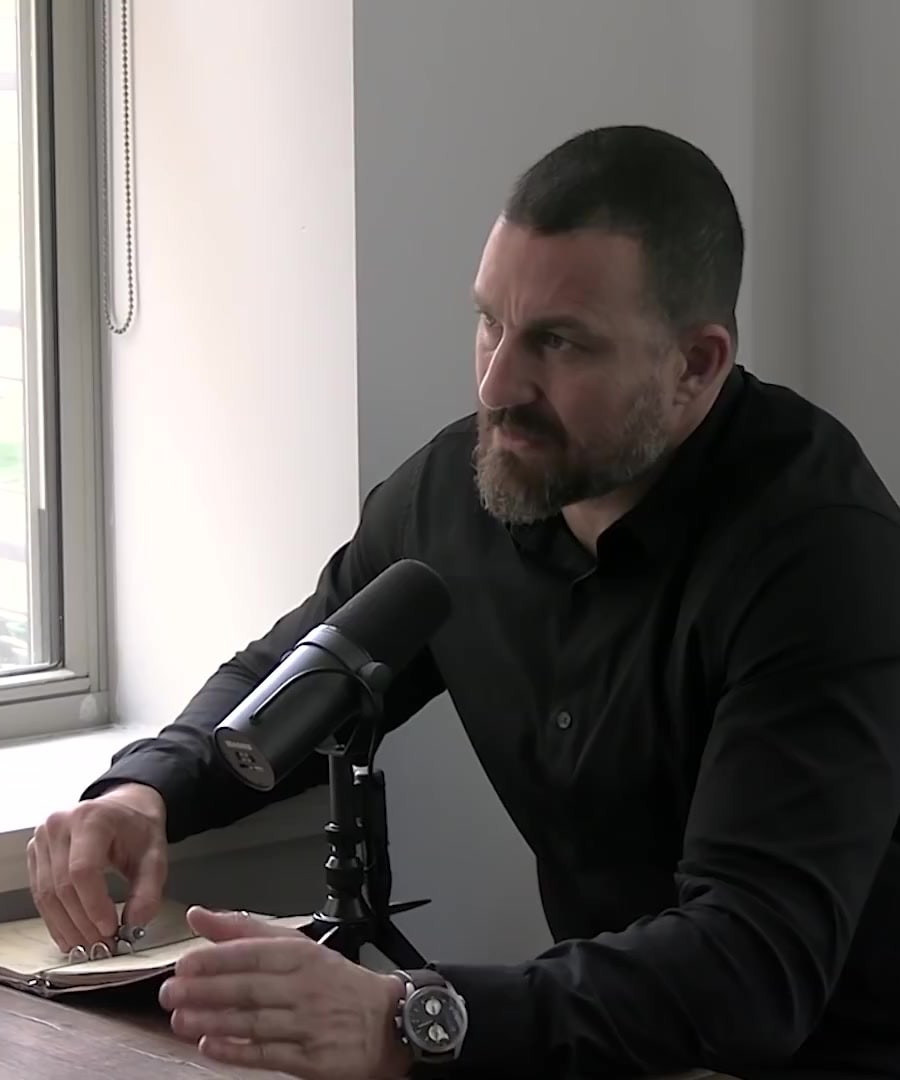how can i be more productive when i didnt sleep much?
Sources:
When you haven't slept much, and you're looking to be more productive, here are some strategies based on insights from the Huberman Lab:
-
Strategic Napping: Brief naps can help optimize sleep and may provide a boost in alertness and performance. Limit these to earlier in the day to avoid disrupting your nighttime sleep 1.
-
Limit Caffeine Intake: Be mindful of your caffeine consumption, especially avoiding it after 4 pm, to prevent it from interfering with your sleep quality later on 1.
-
90-Minute Work Blocks: Plan your work in 90-minute blocks to maximize focus. This is based on the typical cycle of human alertness and has a scientific rationale behind it 2.
-
Goal Setting: Set realistic and attainable goals for your productivity. For example, take a goal within your control, make it specific and measurable, and decrease it by 10% to ensure it's achievable, which can help maintain motivation and focus 3.
-
Light Exposure: Regulating light exposure, possibly with LED lights, can help improve mental alertness and focus, supporting productivity even when you’re sleep-deprived 4.
It's important to note that while these strategies might help mitigate the effects of a bad night's sleep, regular quality sleep is essential for optimal productivity and health in the long term.
-
how can i be more productive when i didnt sleep much?



